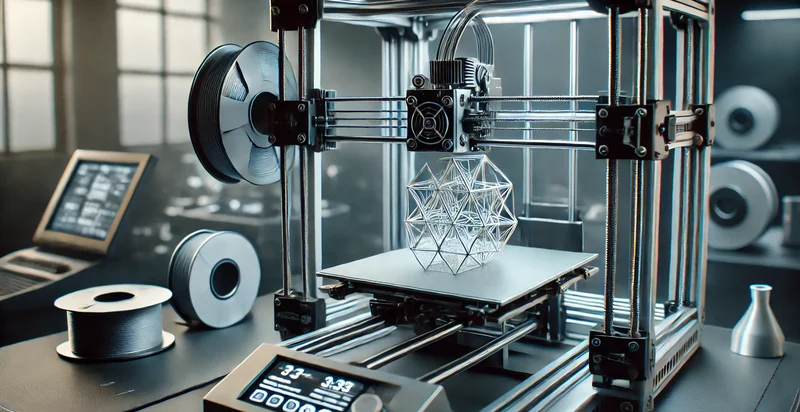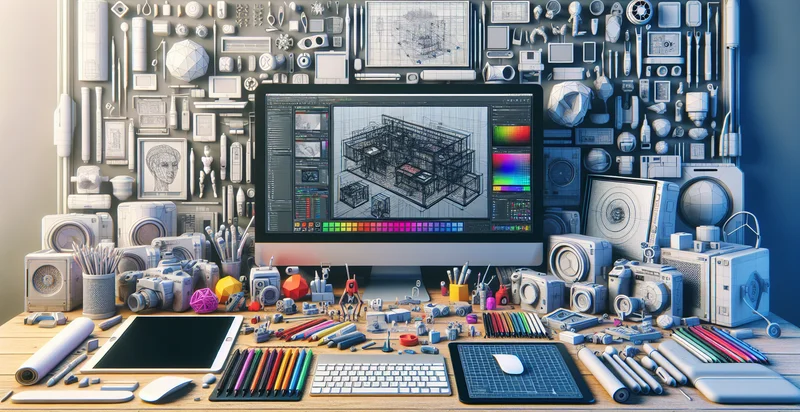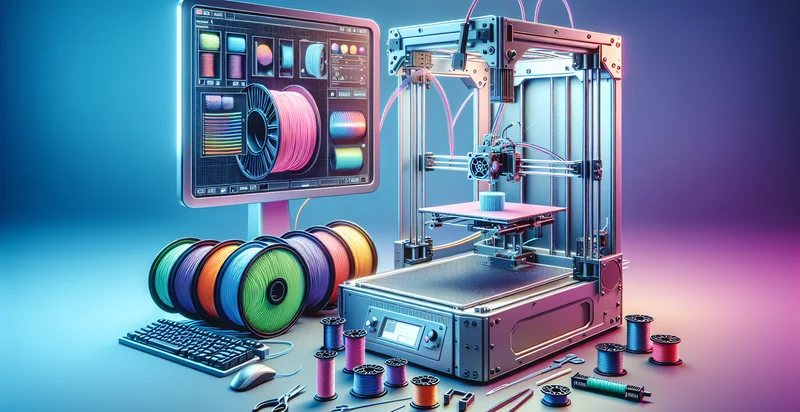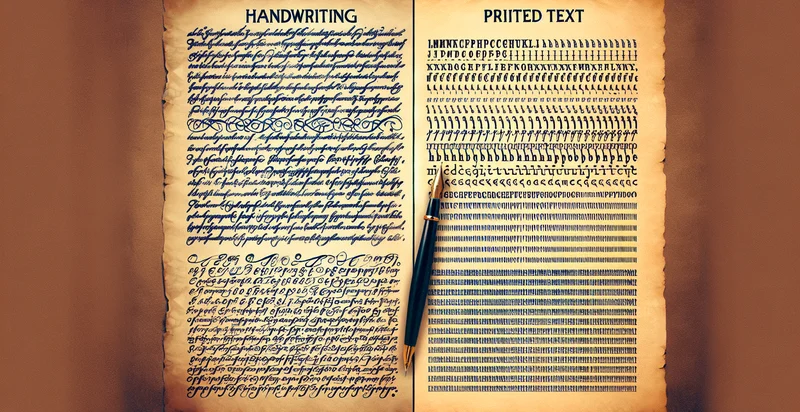Identify 3d printed or not
using AI
Below is a free classifier to identify 3d printed or not. Just upload your image, and our AI will predict if it's 3D printed or not - in just seconds.


Upload a closeup of the item
Contact us for API access
Or, use Nyckel to build highly-accurate custom classifiers in just minutes. No PhD required.
Get started
import nyckel
credentials = nyckel.Credentials("YOUR_CLIENT_ID", "YOUR_CLIENT_SECRET")
nyckel.invoke("3d-printed-or-not-identifier", "your_image_url", credentials)
fetch('https://www.nyckel.com/v1/functions/3d-printed-or-not-identifier/invoke', {
method: 'POST',
headers: {
'Authorization': 'Bearer ' + 'YOUR_BEARER_TOKEN',
'Content-Type': 'application/json',
},
body: JSON.stringify(
{"data": "your_image_url"}
)
})
.then(response => response.json())
.then(data => console.log(data));
curl -X POST \
-H "Content-Type: application/json" \
-H "Authorization: Bearer YOUR_BEARER_TOKEN" \
-d '{"data": "your_image_url"}' \
https://www.nyckel.com/v1/functions/3d-printed-or-not-identifier/invoke
How this classifier works
To start, upload your image. Our AI tool will then predict if it's 3D printed or not.
This pretrained image model uses a Nyckel-created dataset and has 2 labels, including 3d printed or not.
We'll also show a confidence score (the higher the number, the more confident the AI model is around if it's 3D printed or not).
Whether you're just curious or building 3d printed or not detection into your application, we hope our classifier proves helpful.
Related Classifiers
Need to identify 3d printed or not at scale?
Get API or Zapier access to this classifier for free. It's perfect for:
- Manufacturing Quality Control: Detect manufacturing defects unique to 3D printed objects. Ensure products meet design specifications and quality standards.
- Intellectual Property Protection: Identify potential copyright infringements of 3D printed designs. Verify the authenticity of licensed 3D printed products.
- Customs and Border Security: Screen imported goods for 3D printed items that may bypass regulations. Identify potentially dangerous or prohibited 3D printed objects.
- Art Authentication: Distinguish between traditional sculptures and 3D printed replicas. Verify the originality of artworks in galleries and museums.
- Aerospace Industry: Inspect aircraft parts to ensure they're not unauthorized 3D printed components. Validate the use of approved 3D printed parts in maintenance and repairs.
- Medical Device Regulation: Identify unapproved 3D printed medical devices or prosthetics. Ensure compliance with safety standards for 3D printed medical equipment.
- Archeological Research: Differentiate between genuine artifacts and 3D printed replicas in collections. Validate the authenticity of newly discovered objects during excavations.


